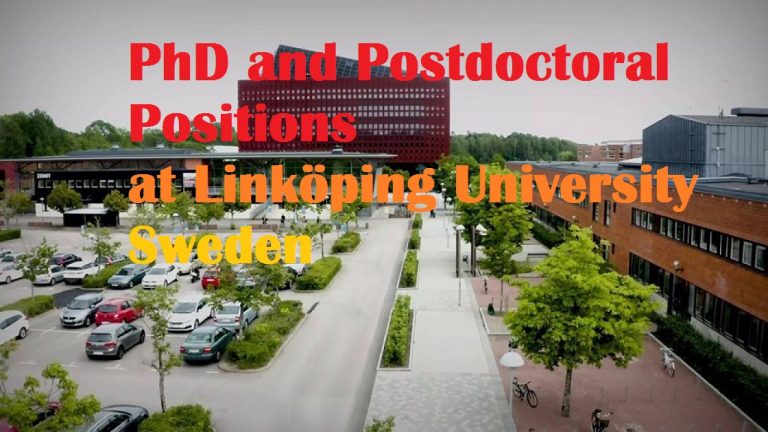
National Institutes of Health in the United States invites application for vacant Postdoctoral and Academic Positions, the primary Federal agency for conducting and supporting medical research, United States.
Position Listing
Postdoctoral Fellow – Neuronal development and disorders, Chromatin regulation
Date Posted
Oct 4, 2024
Job Location
Bethesda
Degree Required
Ph.D. or equivalentPosition Listing
Clinical Fellow – Surgical Oncology, Fellowship, Training
Date Posted
Oct 1, 2024
Job Location
Bethesda
Degree Required
M.D. or equivalentPosition Listing
Clinical Fellow – urology, oncology, fellowship, training
Date Posted
Oct 1, 2024
Job Location
Bethesda
Degree Required
M.D. or equivalentPosition Listing
Postdoctoral Fellow – DNA damage, DNA repair
Date Posted
Sep 25, 2024
Job Location
Bethesda
Degree Required
Ph.D. or equivalentPosition Listing
Postdoctoral Fellow – RNA biology, cancer
Date Posted
Sep 19, 2024
Job Location
Bethesda
Degree Required
Ph.D. or equivalentPosition Listing
Postbaccalaureate Fellow – Cancer, Immunotherapy
Date Posted
Sep 17, 2024
Job Location
Bethesda
Degree Required
B.S./B.A. or equivalent
MastersPosition Listing
Biologist – Neurodevelopmental disorders, cancer
Date Posted
Sep 16, 2024
Job Location
Bethesda
Degree Required
B.S./B.A. or equivalentPosition Listing
Postdoctoral Fellow – functional genomics, DNA repair
Date Posted
Sep 12, 2024
Job Location
Bethesda
Degree Required
Ph.D. or equivalentPosition Listing
Staff Scientist – RNA, small molecule microarray
Date Posted
Sep 3, 2024
Job Location
Frederick
Degree Required
Ph.D. or equivalentPosition Listing
Scientific Director – Center for Cancer Research (CCR)
Date Posted
Aug 13, 2024
Job Location
Bethesda
Degree Required
Ph.D. or equivalent
M.D. or equivalent


